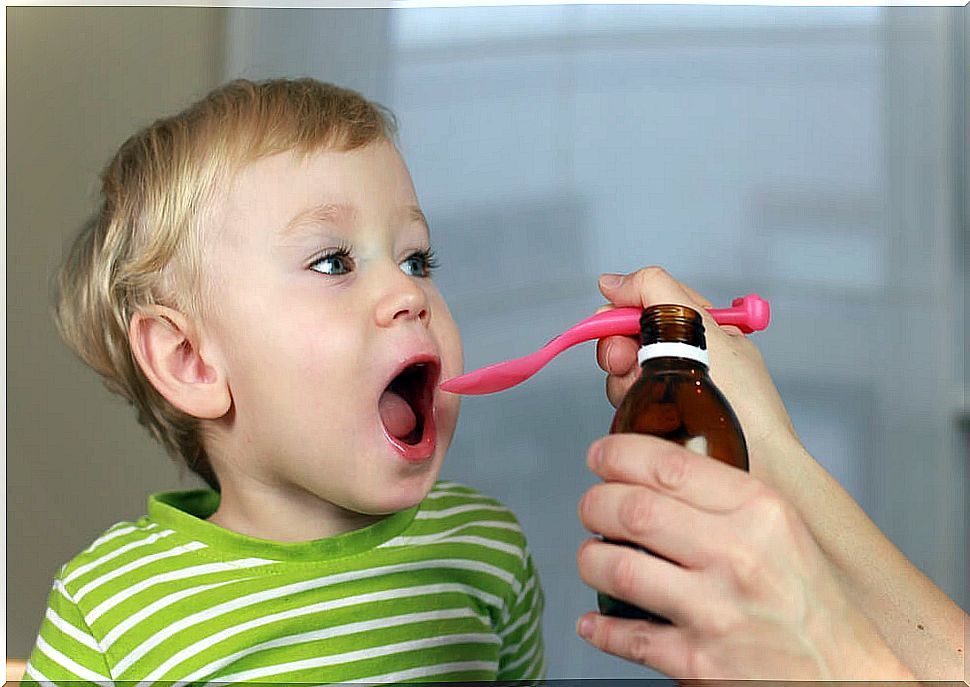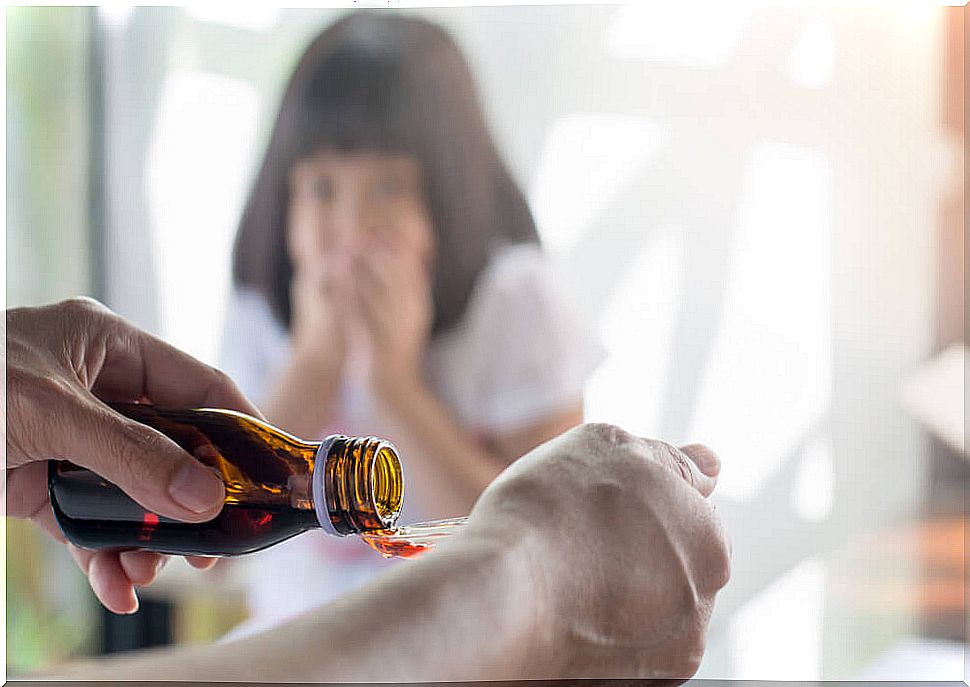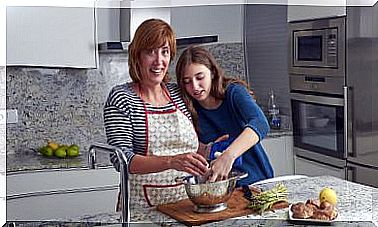How To Give A Medicine To Your Child?

Many times, giving a child medicine becomes a real struggle between parents and children. Many factors make the need to administer medicine a very unpleasant time for both parties. These can be the bad taste of the medicine, the state of irritability of the child at the time of being ill, among others. Here we tell you some tricks to make it easier.
What drug to choose?
It is important that we get to know our son. Each child is different and, many times, knowing what it is like and knowing which type of administration is best tolerated or the flavors that they like the most, we can make it easier.
There is always the option of speaking with the pediatrician. He will be able to advise us on the different medications that exist for what our child needs. Among all the parties, we will arrive at the one that is most comfortable for parents and children and effective for the pathology that the child presents.
Some general measures for giving medicine
Once we are sure that it is necessary to give the medicine to the child because it has been a specialist who has recommended it, and we have chosen the form of presentation that we will use, these are some measures that we can carry out :

- The child must stand or sit at an angle of more than 45º to avoid suffocation.
- If we are administering a liquid medicine (syrup) with a syringe, we will give it through one side of the mouth. If we do it in the center there is a risk of choking.
- Sometimes we can camouflage the bad taste. We can mix it with foods that you like. Some may be fruit purees, ice creams, or yogurts. Whenever we do this, we must do it with a small amount of food and making sure that the child ingests the full amount of drug.
- It is important that we do it naturally. We must not use drugs as threats or camouflage what they are.
- Although taking the medication is non-negotiable, if the child accepts it and behaves well while taking it, we can reward them later. We can do it with something to eat that you like, with a while of a game of your choice … We can set that prize before giving the medicine. Also, we must not forget to show our joy for their good behavior.
Some steps to give a medicine according to the age of the child
Babies
As we have said, it will have to be positioned at a 45º angle, with the head supported. We will use a syringe, dropper or the nipple of the bottle. We will drop the drops on the back of the tongue on one side of it. It is important not to drop the drops directly into your throat, as you could choke.
Giving medicine to toddlers and preschoolers
They may be the ones that give us the most battle. At these ages, they do not fully understand why they should take this medicine. One suggestion is to listen to what the child has to say on the subject.

Once we have given you your opinion and be part of the decision, we will dialogue and try to make it clear that taking the drug is not negotiable. Thus, we will be encouraging the child to be able to reason, but knowing that there are decisions that he will have to obey.
School-age children
Children this age can understand why they need to take medication and will feel more reassured when taking it. They can even take it on their own while an adult watches over them.
Regarding how to give your child medicine …
The most important thing is that we are totally clear that our child needs the medicine. Therefore, we cannot administer medication to our children without a prescription.
From here, we will try to find the one that best suits each child and we will try to make the process of giving it as less violent as possible, taking some measures that we have commented on.
Finally, it is important to remember that medications cannot be within the reach of children, since taking them without supervision could be dangerous for them.










